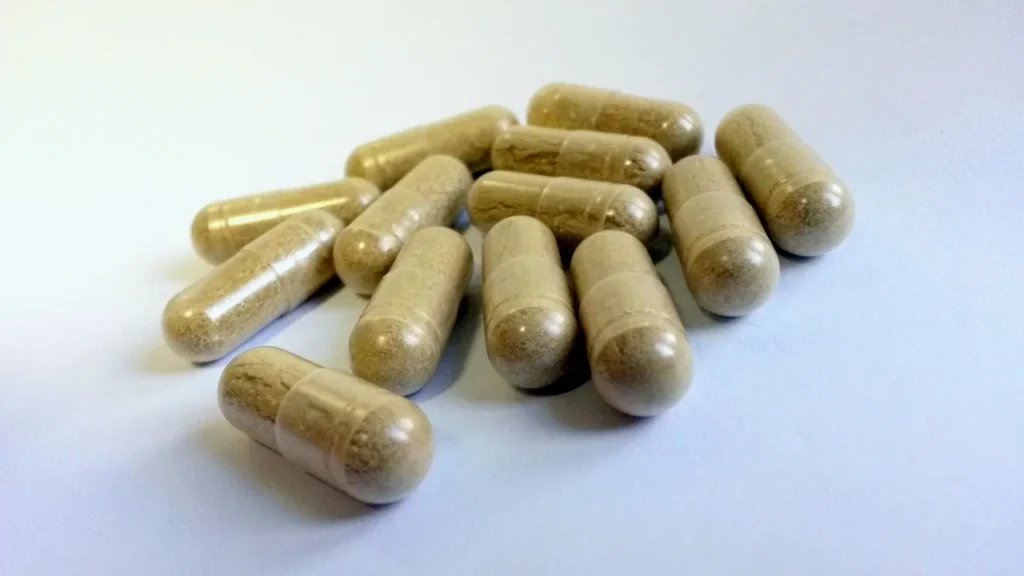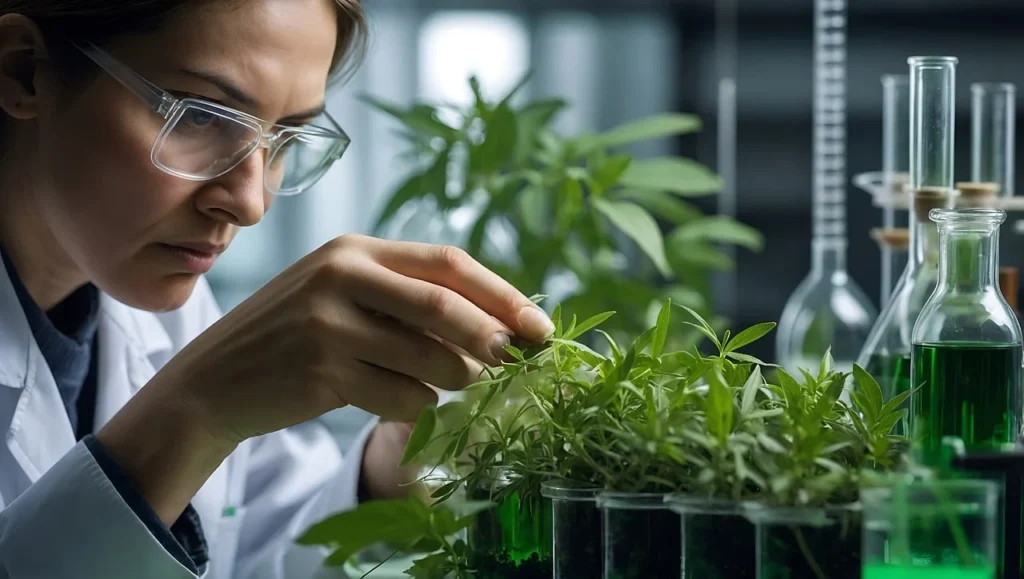Millions of people in the world struggle with addiction and depression and face constant battles with cravings and a lack of motivation. Usual treatments can sometimes be useless and come with harsh side effects that can negatively impact mental health. Ibogaine tablets, a natural compound derived from a plant, are rising as a hopeful option offering long-lasting relief. The most common form is ibogaine chloride salt, which is taken by mouth.
Ibogaine comes from plants like Tabernanthe iboga, which are found in Central Africa. Usually used in mental ceremonies, people have discovered that it can also help treat addiction. In tablet form, Ibogaine is easier to use. Work as a mild stimulation in small potions causes serious psychedelic states in larger quantities. Some users provide temporary relief from drug retreats and cravings, but the effects are commonly short-lived.

Ibogaine is mainly studied for its possibility in dependence treatment, especially painkilling drug addiction. It acts on several chemical messenger systems, including painkilling drug sensory receptors, and is thought to reset the brain’s addiction pathways. This distinguishes it from other psychedelics like MDMA, used for PTSD, and psilocybin, which helps with depression and anxiety.
The benefit of Using Ibogaine Tablets
If you are exploring options for treating addiction or depression, you might have come across Ibogaine tablets. These tablets contain a natural compound from the Tabernanthe iboga plant, which is traditionally used in African spiritual practices. The psychoactive drug ibogaine effectively treats traumatic brain injury in special ops military vets. Stanford Medicine researchers find that Ibogaine, a plant-based psychoactive compound, safely led to improvements in depression, anxiety, and functioning among veterans with traumatic brain injuries.
People use iboga for withdrawal from heroin, morphine, and other opioid, as well as for fever, addictions, and many other conditions. Still, there is no good scientific evidence to support any use. :
Mental Health Benefits:
Over habit, Ibogaine shows promise in handling depression and anxiety. Its psychoactive properties can lead to deep, thoughtful experiences that help individuals address basic mental issues.
Mind-blowing Effects:
Users often experience intense and insightful psychological effects, which can be therapeutic. These experiences can provide a deeper understanding of personal issues and promote emotional healing.

Side Effects and Risks:
Potential side effects include nausea, vomiting, changes in heart rate, and, in rare cases, more severe cardiovascular issues. Due to these risks, Ibogaine treatment should be conducted in a clinical setting with appropriate medical support.
Side Effects and Precautions
Ibogaine tablets are gaining attention for their possibility to treat addiction and mental health conditions like depression and PTSD. While they offer promising benefits, it’s essential to be aware of possible side effects and necessary precautions to ensure the treatment is safe and effective.
Ibogaine can affect your heart rate and blood pressure, posing significant risks for those with heart conditions. This makes medical supervision crucial during treatment. The psychoactive effects can cause hallucinations, intense visual experiences, and sometimes anxiety or confusion. Common side effects include nausea, vomiting, and diarrhea. Sleep disturbances such as insomnia and extreme fatigue are also possible, requiring time to recover fully.
Using Ibogaine for Depression and Anxiety
The Ibogaine from the Tabernanthe iboga plant has recently gained attention for treating not just addiction but also mental health conditions like depression and anxiety.
Ibogaine regulates several chemical messenger systems in the brain, affecting the serotonin pathways. These pathways are crucial for mood regulation and emotional well-being. By resetting these pathways, Ibogaine may help ease symptoms of depression and anxiety.
Psychoactive Properties:
One unique aspect of Ibogaine is its psychoactive effects. During treatment, people often experience deep, thoughtful journeys that can bring basic emotional issues to the surface. This cleansing experience can greatly reduce depressive and anxious symptoms, offering new views on personal issues and hurt.

Benefits and Dangers:
Some patients report quick improvements in mood and anxiety levels after just one treatment session of ibogaine tablets uses and treatment. The mind-altering journey can provide deep personal insights, helping individuals understand and address the root causes of their conditions. Ibogaine is not without risks. Possible side effects include nausea, vomiting, changes in heart rate, and emotional distress during the experience. Hence, it is essential to undergo treatment in a medical setting with proper control.
Conclusion:
Ibogaine stands out among psychedelics because of its intense, long-lasting, and reflective experience, making it a powerful tool for treating addiction. Ibogaine is a dissociative psychedelic with oneiric properties that has multiple aforementioned anti-addictive mechanisms that target the stages of the addiction cycle, including the withdrawal/negative affect and the preoccupation/anticipation of the rewarding effects of abused substancesThere is growing interest in using psychedelics for mental health treatment, with Ibogaine being one of the substances getting more attention. But scientific, regulatory, and safety challenges need to be resolved before it can be widely accepted in mainstream therapy